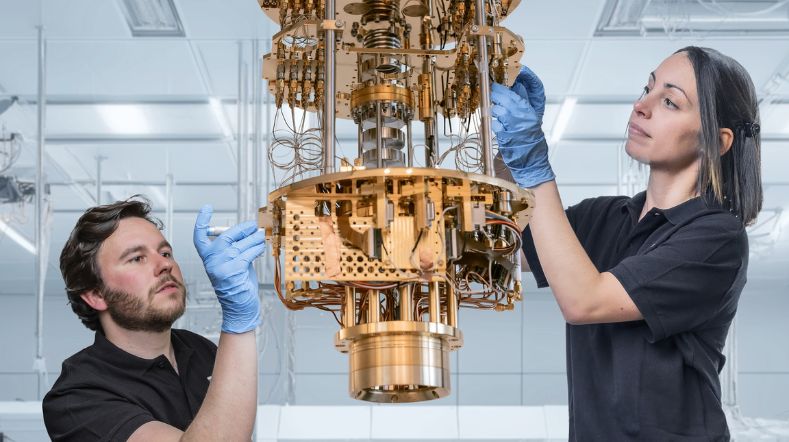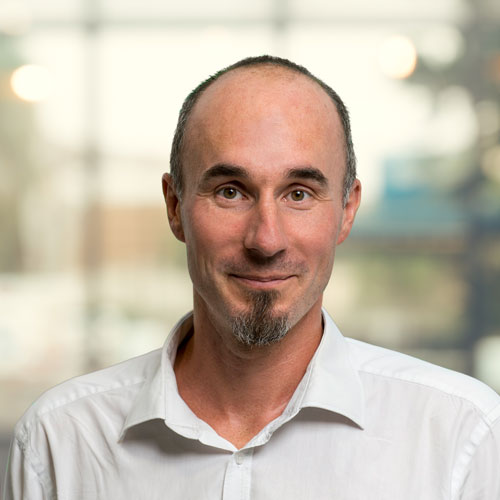
Art and quantum: student team renders superposition tangible with TNO
Emergence Delft, the latest 'Dream Team' at TU Delft, combines art and science to render complex technologies accessible to the general public. Their interactive art installation 'Coexist' brings the fascinating realm of quantum mechanics to life. In collaboration with TNO, these talented students are fostering dialogue about the impact of quantum technology on our daily lives.
‘Quantum technology will have a significant impact on various aspects of our lives. By enhancing their understanding of this technology, people can make more informed decisions and actively contribute to discussions about its future."
The 'Dream Teams' at TU Delft comprise interdisciplinary student groups dedicated to showcasing innovations for a better future. The Emergence team specifically addresses complex technologies such as quantum mechanics through an artistic approach. The team includes more than 30 students, predominantly from TU Delft and the art academy in The Hague.
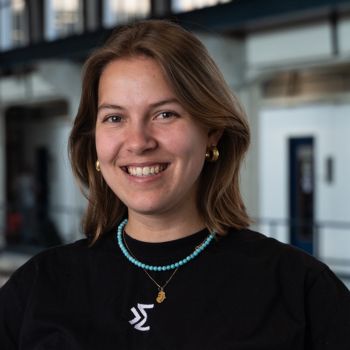
‘Quantum technology has a major impact but also raises questions about how to keep sensitive data secure, as quantum computers can quickly break current encryption.’
Art as an accessible medium
Anouk Braakhuis, a Clinical Technology student and relationship manager of Emergence, explains: ‘Quantum technology will have a significant impact on various aspects of our lives. Numerous companies are currently developing quantum computers. These computers can perform calculations at vastly greater speeds than current supercomputers. This presents numerous opportunities, but also raises new questions. For instance, a quantum computer could potentially decrypt current encryption methods almost instantaneously. How, then, do we ensure that sensitive data remains adequately secured in the future?’
‘We believe it is essential that everyone can participate in these discussions, not merely a select group of specialists, as these developments concern everyone. Art serves as a more accessible medium for this purpose than a scientific article. It allows people to experience complex technologies firsthand, thereby enhancing their understanding. This enables them to make better-informed decisions and actively engage in discussions about the future of these technologies.’
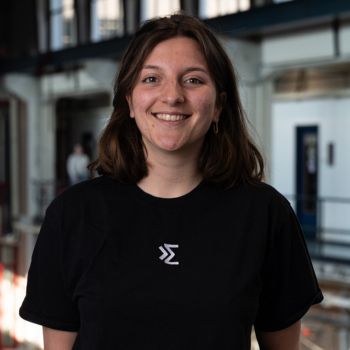
‘With ‘Coexist’, we make quantum principles like superposition and measurement tangible through light and interaction.’
Experiencing superposition firsthand
The art installation Coexist exemplifies this approach. It visualises the quantum principles of 'superposition' and 'the act of measurement'. Superposition refers to the phenomenon whereby a particle (such as an atom or photon) can exist in multiple states simultaneously. Only when one measures or observes the particle is it 'compelled' to adopt a single state, thereby eliminating the superposition. This moment of measurement is termed 'the act of measurement'.
These principles are challenging to explain, according to Willemijn van den Berg, an Industrial Design student and operations manager of Emergence. ‘With Coexist, we utilise light to render these concepts more tangible. At the centre of the installation stands a white light source. The white light, which is actually a combination of all colours in the visible spectrum, symbolises superposition. Surrounding the light source are large frames with polarisation filters of various dimensions, through which visitors are invited to look. These filters isolate individual colours from the white light. As they rotate, they permit different light waves to pass through, resulting in the perception of different colours. This enables people to experience both superposition and 'the act of measurement' for themselves.’
Coexist is funded by Quantum Delta NL, which also assisted with transporting the art installation to Japan.
TNO as a knowledge partner
The Coexist project facilitated Emergence's introduction to TNO. Anouk recounts: ‘For Coexist, we collaborated with Qutech, a research institute at TU Delft that runs its own quantum computer. One of the staff members at Qutech was acquainted with a quantum expert at TNO and established contact between us. TNO is now one of our principal financial backers and an invaluable knowledge partner.’
‘This summer, we shall travel to the World Expo in Osaka, Japan, alongside TNO. As Emergence Delft, we are organising two panel discussions on quantum technology in the Dutch pavilion. The first will address the integration of art and technology and its significance, whilst the second will explore the future of quantum technology and related policy development. TNO will participate in the latter discussion. Additionally, we shall exhibit our Coexist project in Osaka.’
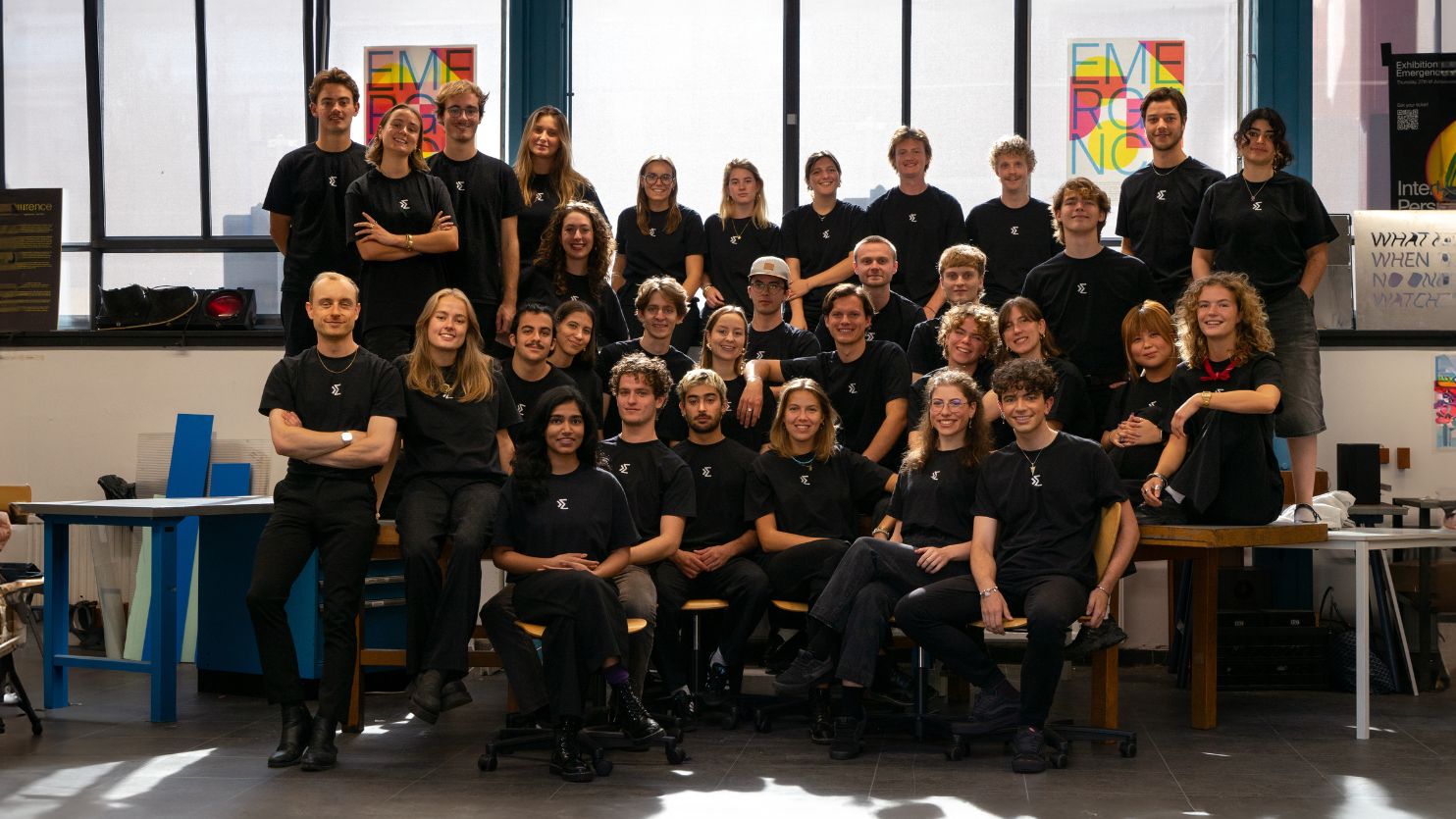
Shared vision on the future of quantum
The other participants in the panel discussion regarding the future of quantum include Dutch and Japanese companies, universities, knowledge institutes, and students. Willemijn notes: ‘Japan possesses particular strength in quantum technology hardware, whereas the Netherlands excels in the software domain. These sectors are likely to collaborate closely in the future. By facilitating dialogue between them, we aim to encourage knowledge sharing and seamless cooperation.’
‘Furthermore, our objective is to prompt participants to consider a shared international vision for quantum technology. We believe this is crucial for the responsible implementation of this technology. The timing is particularly apt, as the United Nations has designated 2025 as the International Year of Quantum Technology.’
Anouk adds: ‘We are exceedingly pleased to have TNO as a partner. In the Netherlands, TNO is genuinely at the forefront of quantum technology and possesses extensive knowledge in this field. Moreover, TNO shares our commitment to raising awareness about this emerging technology. The quantum experts are consequently very receptive to dialogue on this subject and contribute thoughtfully to our discussions about intriguing dilemmas and questions. Their input will enable us to organise a truly valuable discussion in Osaka.’
Advancing into the Quantum Era
Quantum technology can transform every aspect of our lives, from unprecedented computing power to smart sensors. Since 2014, TNO has been at the forefront of this revolutionary development, preparing for a new technological era. Read here why TNO is a leader in quantum technology.
Get inspired
TNO and Quobly join forces to advance industrial-scale silicon quantum technology
Pioneering with a purpose: The Netherlands at the forefront of quantum innovation
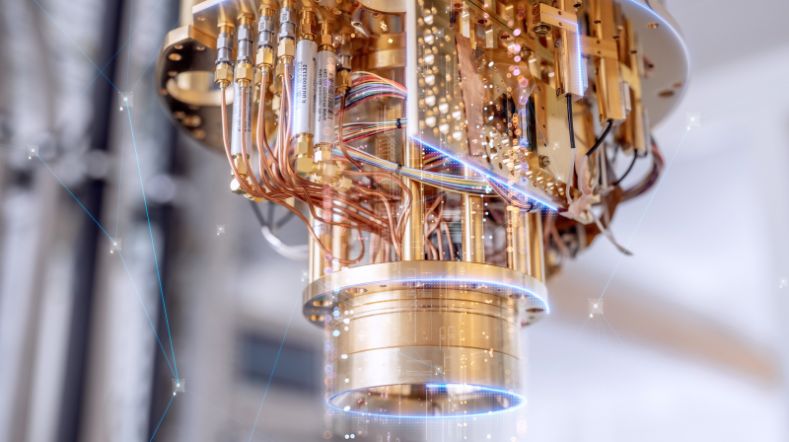

Pioneering on the edge of physics: quantum chips tested faster and faster
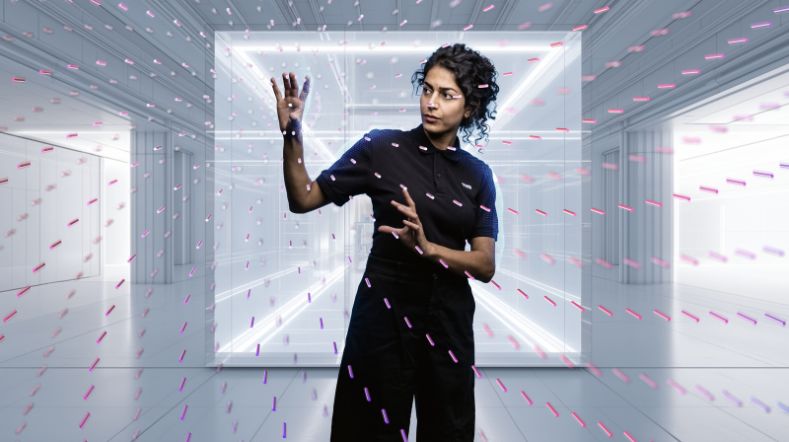

How TNO’s Ines Corveira Rodrigues shapes tomorrow's quantum world


TNO expands quantum information technology testing capabilities to support startups
